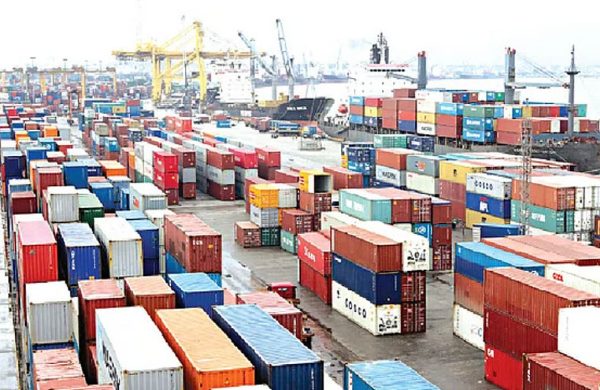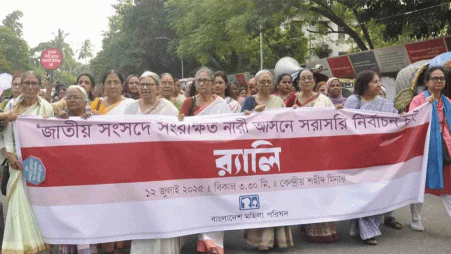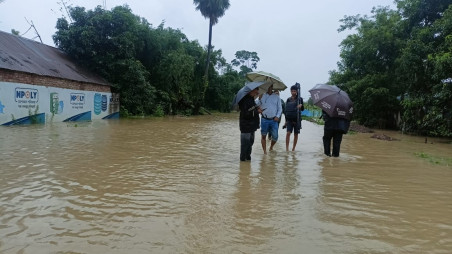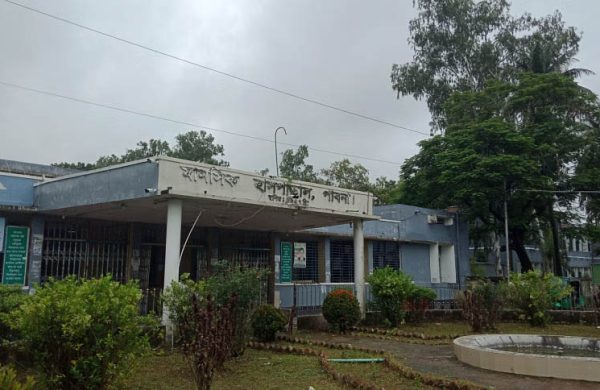Differing reserve figures stirring market instability and consumer price hikes
- Update Time : Thursday, May 16, 2024

TDS Desk:
Amidst a backdrop of fluctuating foreign exchange reserves, Bangladesh Bank has been employing varied methodologies to calculate the nation’s reserves, unveiling differing figures.
Traders and consumers alike have responded to these variations with increased apprehension, leading to price surges across various commodities.
Alam, a 50-year-old electrician originally from Bhola, now working in Dhaka’s Mogbazar area, shared that he had to increase his service charges substantially due to the escalated costs of living. “We wouldn’t provide service if anyone offered below Tk 500, as prices of food, utility bills have shot up,” Alam stated.
Similarly, Ekabbar Ali, a rickshaw puller originally from Jamalpur, has raised his fares to cope with rising maintenance costs. “The prices of food, medicine, and bills have increased. If rickshaw fare is not increased, we cannot survive,” Ali explained.
Retail dynamics have also shifted, as noted by Habibur Rahman, a grocery trader in Mogbazar, who mentioned that suppliers have increased prices several times a week, citing the rising dollar value. Consequently, traders are compelled to elevate retail prices.
As per the central bank’s latest figures, the total reserves stood at $23.77 billion as of May 14, after adjusting for liabilities to the Asian Clearing Union for March and April. The International Monetary Fund’s (IMF) method, BPM6, however, records the reserves at a lower $18.32 billion, with actual usable reserves slightly less than $13 billion. These figures reflect the net reserves, deducting various liabilities, including those held as Special Drawing Rights (SDRs) by the IMF.
While the central bank does not officially publish net reserve data, Dr. Ahsan H. Mansur, a former senior economist at the IMF, reassures that the gross reserves are still over $18 billion, indicating that the reserve levels are not immediately at risk. However, he acknowledges ongoing concerns regarding confidence in the money market and the macroeconomic landscape.
Dr. Mansur highlighted the threat of uncontrolled money laundering as a significant destabilizing factor.
Dr. Zahid Hussain, former chief economist of the World Bank in Dhaka, also emphasized the risks posed by insufficient reserves in dealing with potential economic downturns or disasters.
This dollar shortfall and the resulting economic uncertainty underscore the critical balance required in managing foreign exchange and macroeconomic stability in Bangladesh, a nation heavily reliant on export earnings and remittances from its expatriate community. Source: UNB


















